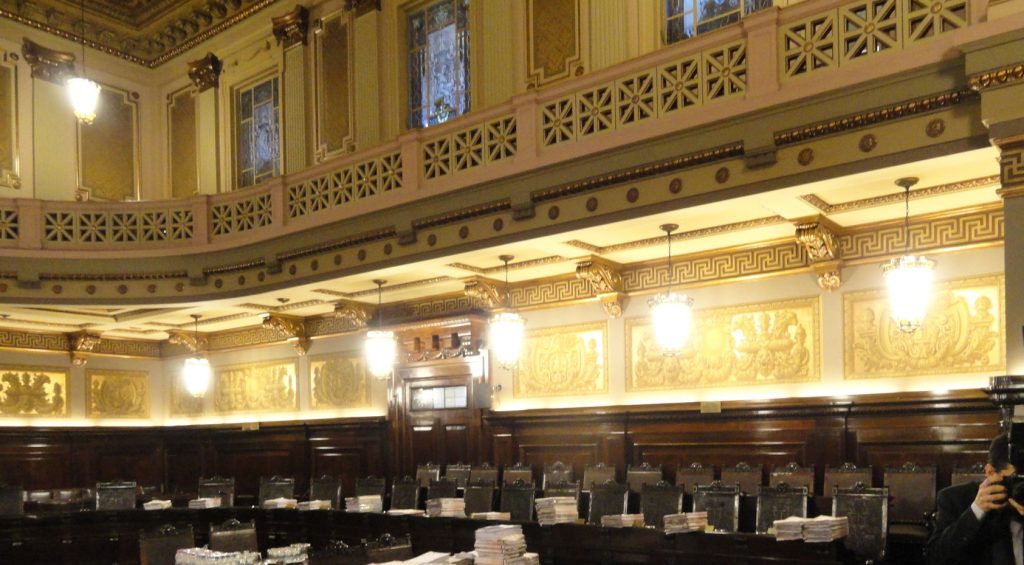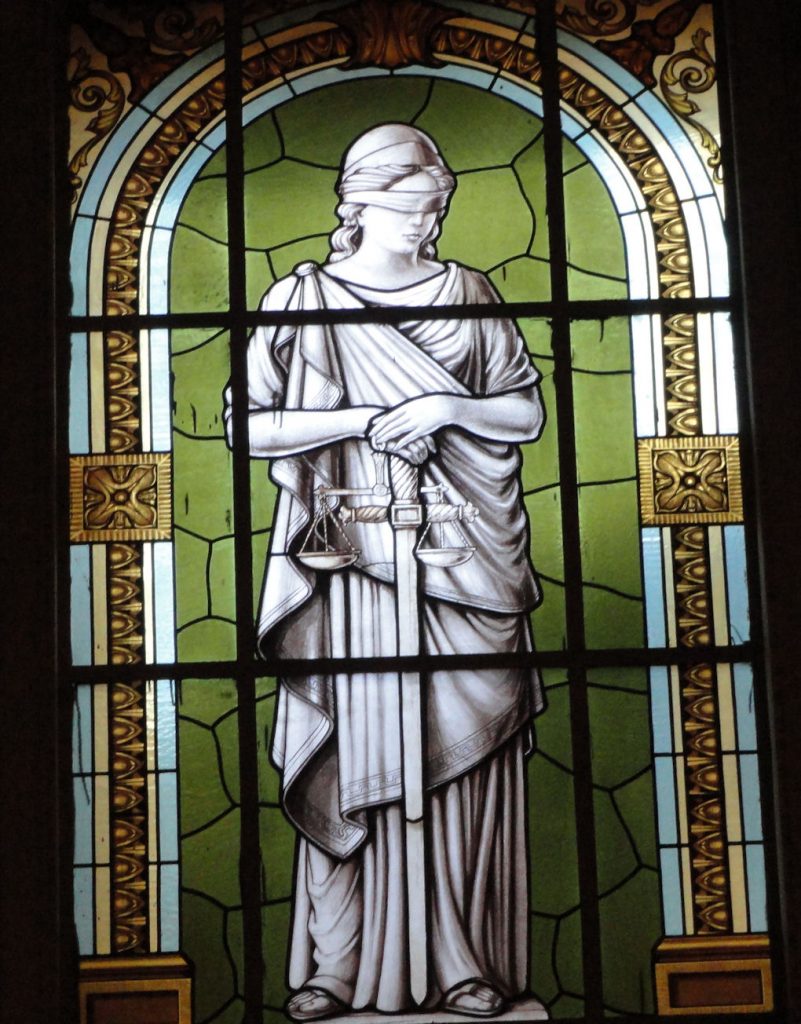
One of the challenges we have when talking about law with experts in most other countries is that the American system is fundamentally different. A big part of our system is common law. Among our 50 states, only Louisiana has a code law heritage, based on the Napoleonic Code, in force in Louisiana when Thomas Jefferson bought the place from France in 1803.
Common law has the disadvantage of being unclear, since it relies on experience. This flexibility is also its strength. Common law can be pragmatic; it relies on experience and judgment of generations working with real world problems. Most other countries, including Brazil, base their law on codes. There is convergence, as our system comes to rely more on legislation.

But we still value precedents in deciding cases, judges usually have discretion in applying the law and juries can and do bring their own interpretation of the cases to bear. As some of the judges at the São Paulo State Appeals Court explained to me, this is not how it works in Brazil. In Brazil, as in other code law countries, the law is supposed to anticipate all eventualities and the job of the judges is to apply the law. Of course, this is not as easy as looking in the books, but the big difference is application versus interpretation.
Another big differences is juries. Brazil uses Juries only in homicide cases. In other cases, lawyers represent clients, but they argue before trained judges & are considered more as servants of the state or the law than of individual clients.
Although Brazil has states, like the U.S., the states do not have the independence in law as they do in the U.S. In Brazil, laws apply across the country and lawyers are regulated on the federal, not the state level. One of my interlocutors explained the difference. In the United States, the states preceded the federal government and they created the Union. The Union, in its inception at least, was a servant of the states and American states retain much of their autonomy. Brazil was an empire. Provinces existed, but not states. With the establishment of the Republic, states were created and they have characters of their own, but the Brazilian government preceded the Brazilian states and the central government created them.
It is often hard for Americans to understand what the centralization means in Brazil as it is hard for Brazilians to understand what our greater decentralization means in the U.S.
We often use the same terms and symbols (look at the courtroom and the depiction of Justice and you see the same things as you would in the U.S.); we don’t perceive that they mean different things. As I wrote in a previous post, our Brazilian friends sometimes misunderstand the fact that our states and their universities are not managed by the federal government, so they cannot make an agreement with the federal authorities that will hold true in all the states.
In the case of an appeals court, where I visited, however, the differences are not as significant, since an American appeals court also has the duty of applying the relevant law. Still, there is not a court that corresponds to a state supreme court in the U.S.
I understand, BTW, that I am in over my head on this, since I have no legal background. I am giving an interpretation of what they told me. I welcome any comments that might clarify or correct my work.
I also visited the school for prosecutors at the Tribunal de Justiça do Estado de São Paulo. This was a fairly big operation. Speaking of applicable law, the school is working on a conference to study American law concerning fraud and asked our support to bring American experts. The result of this conference is supposed to be a proposal for a law to be put before the Brazilian Congress to make frauds in securities more difficult to perpetrate and easier to prosecute, a worthy goal.
Law is complicated and we have to let the experts do the thinking about the details, but is important to a free people that law is simple enough for the average guy to know whether he is doing right or wrong. The thing I always liked about having a strong dose of common law included in our rules was that it is a check on the otherwise uncontrolled rule of experts. When law becomes too complicated for the people to understand, at least in a general way, it has just become too complicated. I think we can all share that experience.
I mentioned the impact of the various permutations of the “Law & Order” franchise. Whether or not they always get everything exactly right, it is a good educational show for Americans and many Americans … and Brazilians understand law through this simplified prism. There is a “Law & Order UK” which highlights some of the differences between U.S. and UK procedures, even thought UK is also a common law country. “Law & Order” as well as the LA and Special Victims are available on Brazilian TV and my lawyer friends said they liked the shows. I need a “Law & Order – Brazil”.
